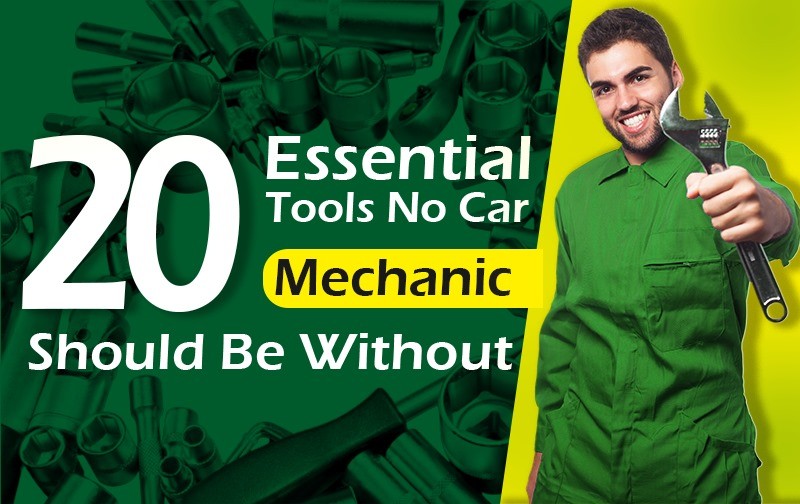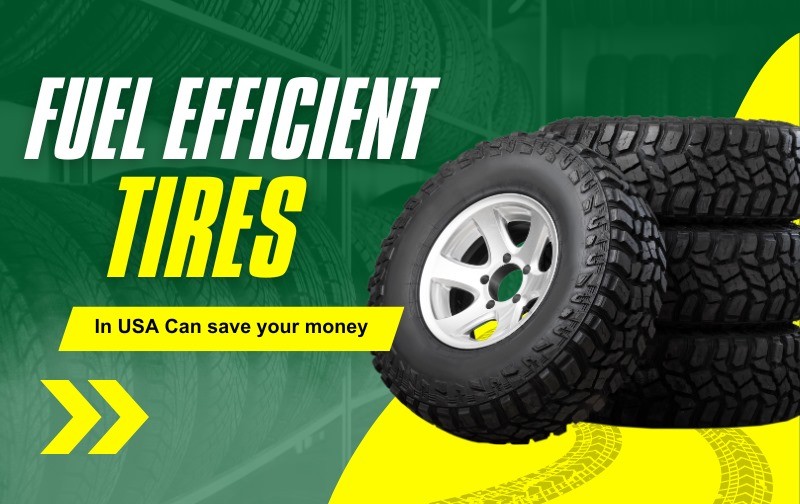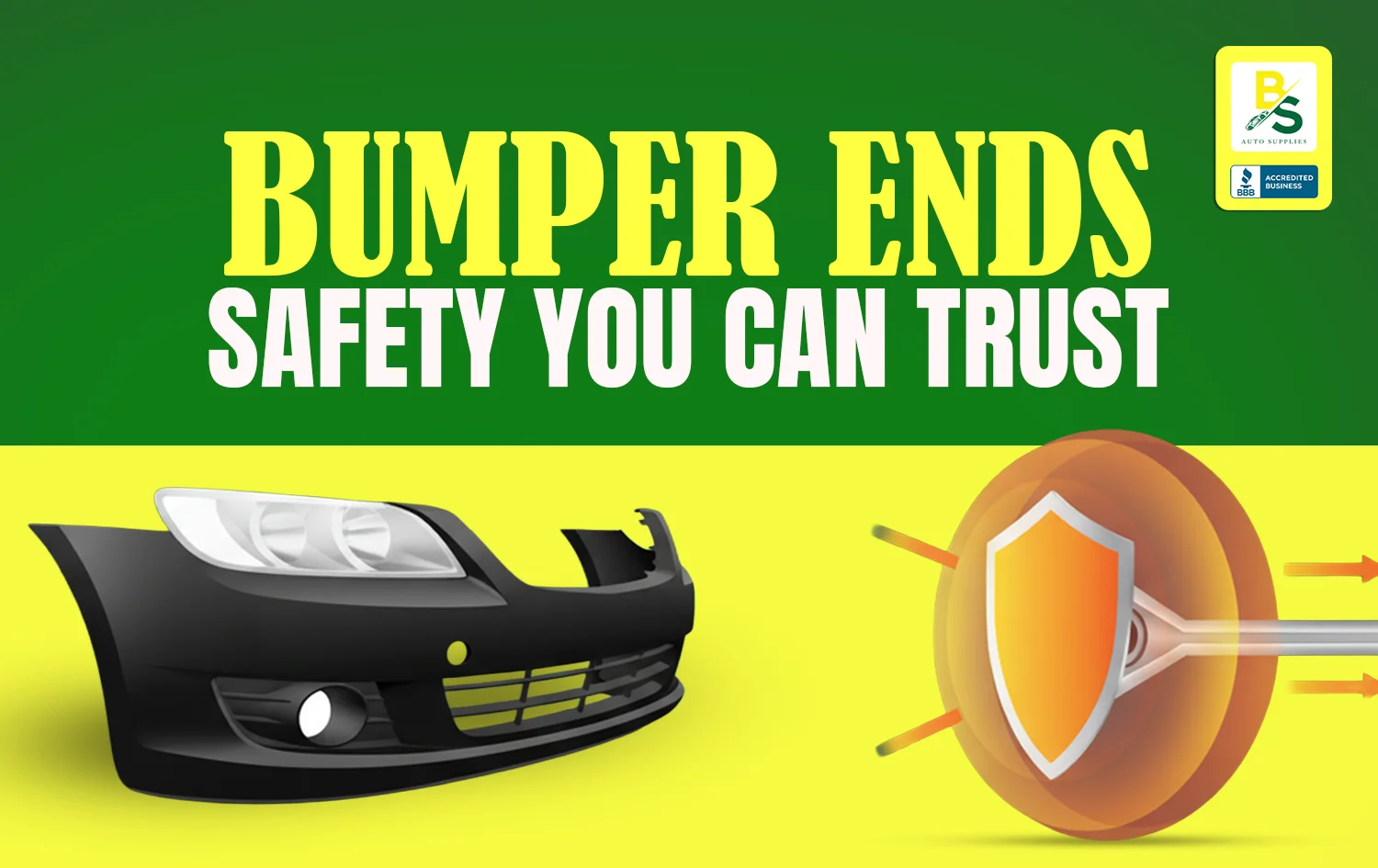20 Essential Tools No Car Mechanic Should Be Without
Having the right tools is paramount to getting the job done efficiently and effectively as a car mechanic. Whether you are a seasoned professional or just starting in the industry, a well-stocked toolbox can make all the difference. In this article, we'll cover the 20 essential tools every car mechanic should have, complete with a comprehensive mechanic tools list, their uses, and why they are indispensable in any vehicle tool kit list.
1. Socket Set
A socket set is a foundational component of any car mechanic's tool kit. It includes various sizes of sockets to fit different bolts and nuts. The versatility and convenience of a socket set make it essential for tasks ranging from changing spark plugs to working on the engine.
Uses: Tightening and loosening bolts and nuts of various sizes.
2. Wrenches
Wrenches come in different types such as open-end, box-end, and adjustable wrenches. Each type serves a unique purpose in car maintenance and repair.
Uses: Turning bolts and nuts, with specific wrenches designed for various sizes and types of fasteners.
3. Screwdrivers
A good set of screwdrivers, including both flat-head and Phillips-head, is necessary for dealing with the numerous screws found in a vehicle.
Uses: Turning screws and prying components apart.
4. Pliers
Pliers, including needle-nose, slip-joint, and locking pliers, are vital for gripping, twisting, and cutting wires and other small components.
Uses: Gripping, twisting, and cutting tasks.
5. Torque Wrench
A torque wrench ensures that bolts are tightened to the manufacturer's specifications, which is crucial for safety and performance.
Uses: Tightening bolts to specific torque specifications.
6. Allen Wrenches (Hex Keys)
Allen wrenches are often used for bolts and screws with hexagonal sockets, common in various automotive applications.
Uses: Tightening and loosening hexagonal socket bolts.
7. Impact Wrench
An impact wrench delivers high torque output with minimal exertion, making it ideal for loosening tough bolts and nuts.
Uses: Loosening and tightening nuts and bolts quickly and efficiently.
8. Pry Bars
Pry bars are used to leverage and separate components, which is especially useful in removing stubborn parts.
Uses: Leveraging and separating components.
9. Jack and Jack Stands
A hydraulic jack and jack stands are essential for lifting a vehicle safely to access the underside.
Uses: Lifting the vehicle to perform undercarriage work.
10. Creeper
A creeper allows mechanics to slide under the vehicle comfortably and safely, making undercarriage work more accessible.
Uses: Providing a comfortable way to work under a vehicle.
11. Multimeter
A multimeter is used for diagnosing electrical issues by measuring voltage, current, and resistance.
Uses: Diagnosing electrical issues.
12. OBD-II Scanner
An OBD-II scanner reads the diagnostic trouble codes (DTCs) from the vehicle's onboard computer, helping mechanics identify issues quickly.
Uses: Reading and diagnosing trouble codes.
13. Brake Bleeder Kit
A brake bleeder kit is essential for maintaining and replacing brake fluid, ensuring the brakes work efficiently.
Uses: Bleeding and replacing brake fluid.
14. Battery Tester
A battery tester checks the health and charge of a vehicle's battery, preventing unexpected failures.
Uses: Testing the health and charge of the battery.
15. Oil Filter Wrench
An oil filter wrench makes it easier to remove and replace oil filters during an oil change.
Uses: Removing and replacing oil filters.
16. Funnel
A funnel is a simple yet essential tool to prevent spills when adding fluids to the vehicle.
Uses: Adding fluids without spills.
17. Work Light
Good lighting is crucial for any repair job. A work light ensures visibility in dimly lit areas of the vehicle.
Uses: Providing adequate lighting for detailed work.
18. Hammer and Mallet
A hammer and mallet are used for tasks that require force, such as loosening stuck parts or fitting components together.
Uses: Applying force to loosen or fit components.
19. Gasket Scraper
A gasket scraper removes old gasket material from surfaces, ensuring a clean fit for new gaskets.
Uses: Removing old gasket material.
20. Feeler Gauge
A feeler gauge measures gaps between parts, essential for adjusting spark plugs.
Uses: Measuring gaps for precise adjustments.
Building Your Mechanical Tool Kit List
When compiling your car mechanic tool kit, consider starting with these 20 essential tools. While the initial investment might seem steep, having a complete set of tools will save you time, effort, and frustration in the long run. Here’s a brief vehicle tool kit list for your reference:
- Socket Set
- Wrenches
- Screwdrivers
- Pliers
- Torque Wrench
- Allen Wrenches
- Impact Wrench
- Pry Bars
- Jack and Jack Stands
- Creeper
- Multimeter
- OBD-II Scanner
- Brake Bleeder Kit
- Battery Tester
- Oil Filter Wrench
- Funnel
- Work Light
- Hammer and Mallet
- Gasket Scraper
- Feeler Gauge
These tools are the cornerstone of any professional mechanic’s arsenal and ensure that you are well-prepared for a wide range of automotive repairs and maintenance tasks.
Conclusion
Equipping yourself with these essential tools from reputable sources like BS Auto Supplies will enhance your efficiency and effectiveness as a car mechanic. Each tool on this mechanic tools list plays a crucial role in vehicle maintenance and repair, making them indispensable in your mechanical tool kit list. Investing in high-quality car mechanic tools and understanding their uses will not only improve your workflow but also extend the lifespan of the tools themselves. With the right car mechanic tool kit, you can tackle any challenge that comes your way, ensuring vehicles are maintained to the highest standards.









0 Comments